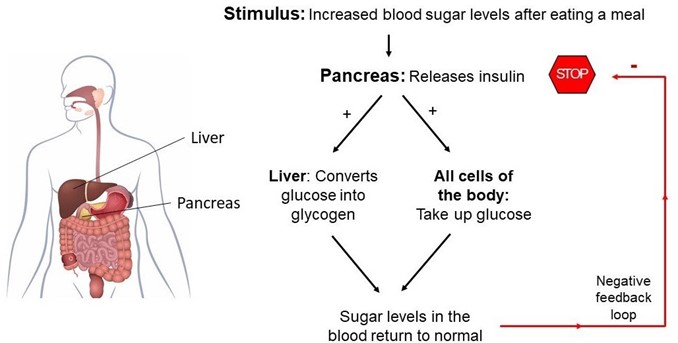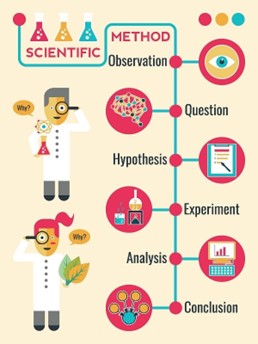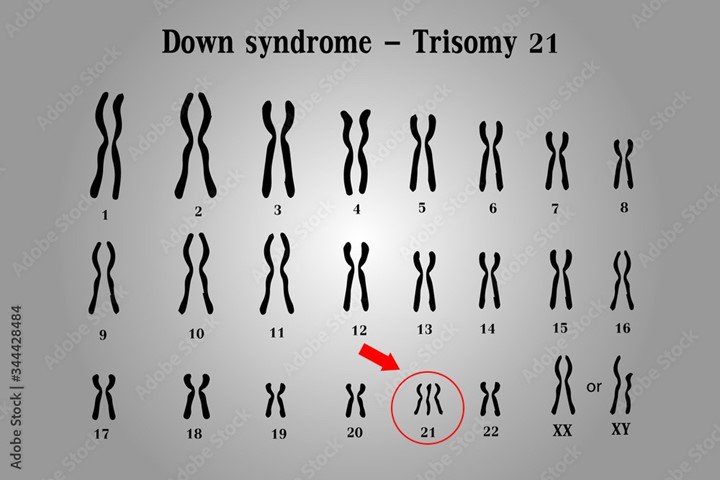What is the name of the hormone that regulates blood sugar levels in the human body?
Insulin
Glucagon
Estrogen
Testosterone
The Correct Answer is A
Insulin is a hormone produced by the pancreas that plays a crucial role in regulating the levels of glucose (sugar) in the blood. After a person eats a meal, the levels of glucose in the blood rise, which stimulates the pancreas to release insulin into the bloodstream. Insulin acts on various cells in the body, particularly those in the liver, muscles, and adipose tissue, to promote the uptake, use, and storage of glucose.
Insulin helps to lower the levels of glucose in the blood by increasing the uptake of glucose by cells, stimulating the liver and muscle cells to store glucose in the form of glycogen, and inhibiting the production and release of glucose by the liver. This process is known as glucose homeostasis, and it helps to keep the levels of glucose in the blood within a normal range.
Deficiencies or abnormalities in insulin production or function can lead to a range of metabolic disorders, including type 1 and type 2 diabetes. In type 1 diabetes, the body does not produce enough insulin, while in type 2 diabetes, the body becomes resistant to the effects of insulin, leading to elevated levels of glucose in the blood.

Nursing Test Bank
Naxlex Comprehensive Predictor Exams
Related Questions
Correct Answer is A
Explanation
The scientific method is a systematic approach used to answer questions or test hypotheses about the natural world. The steps involved in the scientific method are:
- Observation: This is the first step in the scientific method. It involves observing a phenomenon or a problem and gathering information about it.
- Hypothesis: After making an observation, a scientist forms a hypothesis, which is a tentative explanation for the phenomenon or problem.
- Prediction: Based on the hypothesis, the scientist makes a prediction about what will happen in an experiment or what they will observe.
- Experimentation: The scientist designs and conducts an experiment to test the hypothesis and prediction.
- Analysis: The data collected from the experiment are analyzed to determine if they support or refute the hypothesis.
- Conclusion: Based on the analysis of the data, the scientist draws a conclusion about whether the hypothesis is supported or refuted.
Option b) is incorrect because it starts with hypothesis before observation.
Option c) is incorrect because prediction comes before experimentation.
Option d) is incorrect because hypothesis comes after observation and data collection.

Correct Answer is C
Explanation
Down syndrome is a genetic disorder caused by the presence of an extra copy of chromosome 21. It is also known as trisomy 21 because affected individuals have three copies of chromosome 21 instead of the normal two.
The extra chromosome 21 in Down syndrome occurs due to a random error in cell division, which leads to the production of an abnormal gamete (egg or sperm) with an extra copy of the chromosome. When this gamete fuses with a normal gamete during fertilization, the resulting zygote has 47 chromosomes instead of the usual 46 and develops into a fetus with Down syndrome.
Down syndrome is characterized by a range of physical and intellectual symptoms, including developmental delays, intellectual disability, distinctive facial features, heart defects, and increased risk of certain medical conditions such as leukemia and Alzheimer's disease. However, the severity and expression of these symptoms can vary widely among affected individuals.

Whether you are a student looking to ace your exams or a practicing nurse seeking to enhance your expertise , our nursing education contents will empower you with the confidence and competence to make a difference in the lives of patients and become a respected leader in the healthcare field.
Visit Naxlex, invest in your future and unlock endless possibilities with our unparalleled nursing education contents today
Report Wrong Answer on the Current Question
Do you disagree with the answer? If yes, what is your expected answer? Explain.
Kindly be descriptive with the issue you are facing.
